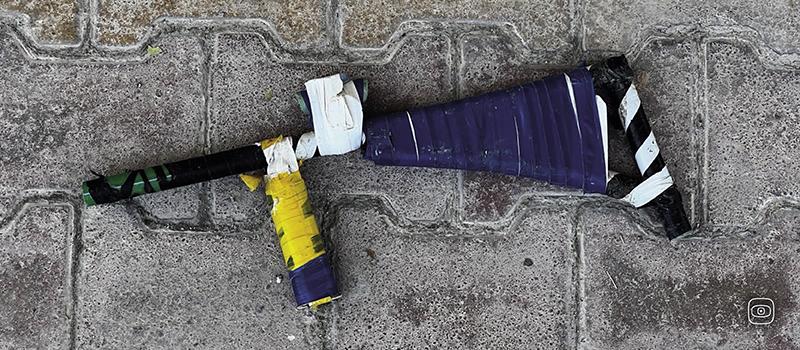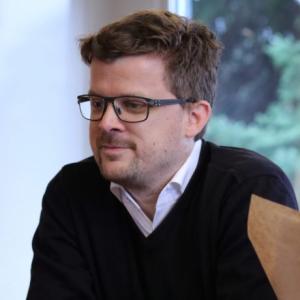Over the past months, the team has established a network of trusted sources across Europe and the Middle East, including survivors of ISIS atrocities, anti-ISIS activists, investigators and human rights advocates as well as intelligence and law enforcement sources across the globe. The team conducted field reporting in Iraq and Syria, visited mass-crime sites and genocide locations, interviewed victims and officials and documented conditions inside Al-Hol and Al-Roj camps in Syria where female ISIS-members and their families are kept.
The cross-border investigative team was able to secure a rare access to extensive ISIS archives intended for internal use. These unseen documents reveal the sophisticated internal bureaucracy of the terrorist organisation and shed a new light on the so-called Islamic State and reveal the identity of its members. This will form the basis of the next investigative phase the team is working on.
Two interim publications have already resulted from this work: a radio report from inside Syria’s Al-Hol camp, describing the ongoing radicalization of ISIS-affiliated women and children and an exclusive interview with Iraq’s leading ISIS prosecutor, who shared concerns about European inaction despite detailed files he says were passed to EU authorities.
He expressed concern about European inaction despite providing detailed files to EU authorities.
In the next phase, the team aims to analyse the trove of multilingual ISIS documents and data they obtained, with the potential to identify individual suspects and trace accountability networks that cross borders. The investigation continues with the goal of revealing how Europe handles the aftermath of ISIS and what justice means in the shadow of the caliphate.
Key findings so far include:
• Evidence suggesting that a number of individuals listed in ISIS databases have resettled in Europe and may be living under new identities.
• Testimony from survivors identifying alleged perpetrators who left the region and now reside in Europe.
• Detailed files and internal documents provided by Iraqi authorities that, according to the officials interviewed, Europe has not acted upon.
• Observations from Al-Hol and Al-Roj camps indicating that radical networks remain active and with many of those women and adolescents continuing to express support for ISIS.
• Indications of structural gaps between Middle Eastern and European legal standards that hinder the prosecution or deportation of suspected ISIS members.
On the right: A self-made toy gun found in the Al-Hol camp in Syria, where radical ISIS women are being held. Photographer: Maria Caroline Wölfle



